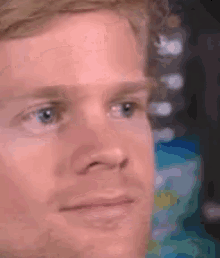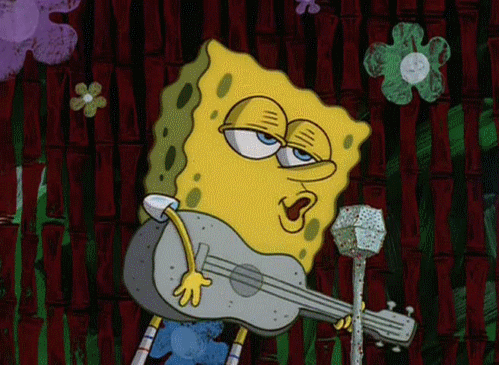
“You know, it really doesn’t matter what they write as long as you’ve got a young and beautiful piece of ass. But she’s got to be young and beautiful.” –Donald Trump.

An honest quote from Potus and nothing wrong with his choice of words. You see, he clearly is explaining how women MUST be beautiful and young, simply just eye candy, nothing else really matters. Because after all her worth is only her looks and how good she is in bed. Women are here to please men, they are an accessory to other accomplishments one (a man) can achieve. After all, women are just sexual beings placed on Earth for men to admire, right?
In the novel Baho! By Roland Rugero, these views from Potus on women are congruent to those of the men in the village in Burundi. The women there are objectified by the men on a daily basis. The women’s worth depends on how beautiful, young, and fresh she is, and it depletes as she ages. The story however, is about a mute named Nyamuragi, whom is wrongfully convicted of raping a young girl in the village. He had been trying to ask her where the restroom is groping his “area” without a subconscious thought of personal space. The young girl was frightened by the act thinking he was trying to rape her and she cried for help. Since Nyamuragi was unable to explain himself and fled the scene, it was assumed that he was guilty by the villagers.
In chapter 4 after the incident, the women in the village try to console Kigeme, the girl “assaulted”. They start to share stories of all the many times and it starts to become more clear to them how wrongly treated they are. Meanwhle, the men of the village are watching the women from a far checking the women out. They said amongst themselves “now that woman is gorgeous, Kigeme’s mother over there, and the wife of Richard NZitonda. I’m telling you! And Pierre Guriro’s, you see! And Jean-Marie Barekebavuge’s, of course! And Arcel Izobikra’s, wow!” (page 26). This moment just shows the level of respect the men in the village have for the women. These women are sharing stories that they have not shared with many, things that these men have done to them, and these men are just gawking at them doing exactly what they are complaining amongst themselves about. Although, we see this as wrong and as do the women, the men don’t. They don’t really see what they are doing as wrong because it’s just the way things have always been in a way, it’s just normal.
In chapter 6, another cringe worthy moment occurs when Irakoze, a beautiful young woman accidently shows the skin on her hip when her shirt raises a little. When this happens to her, a man named Corneille Mugabo rightfully touches her hip. He’s able to touch her hip because “that hip belongs to man, that hip deserves to be touched when she’s just going to let it show like that”. She was asking for it wasn’t she?….WRONG.

The men in this novel are so far into the mistreating of their women, that they don’t see it as wrong. They just believe that women have little/ to nothing to offer except their bodies and external appearance.
This goes back to President Trump’s disgusting quote that a woman is really only an accessory, an object to acquire.
Her opinion means nothing.
However, here I am, sharing mine.




